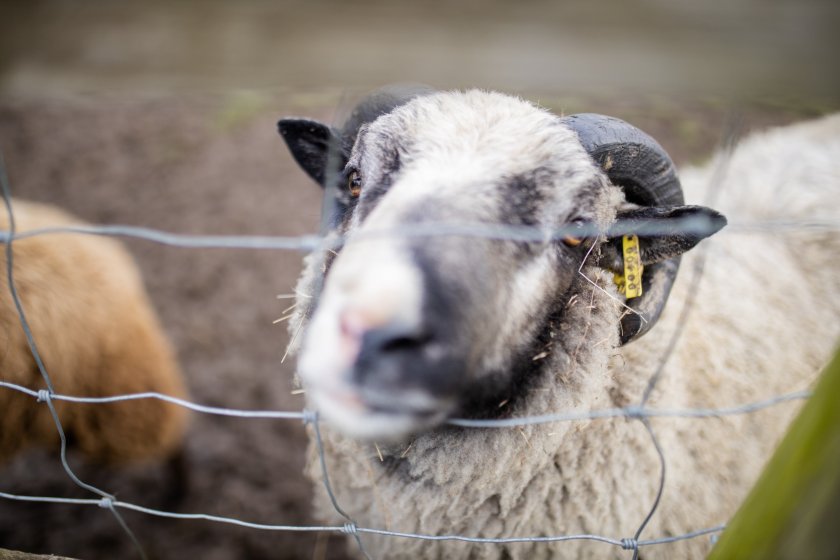
A case of bluetongue has been confirmed in a single sheep on a farm in Norfolk, with farmers being warned there is now a high risk of onward spread in the UK.
A 20km Temporary Control Zone has been put in place around the farm, near Haddiscoe, following confirmation of the disease on Monday (26 August).
Surveillance is underway by government vets to determine if the virus is currently circulating in Britain.
Defra said farmers must remain vigilant and follow the restrictions on animal and germinal product movements that now apply in the zone.
Given the current temperatures and midge activity, which spread the disease, it warned there is now a high risk of further cases.
UK Deputy Chief Veterinary Officer, Ele Brown said: "Bluetongue does not pose a threat to human health or food safety, but the disease can impact livestock farms, and cause productivity issues.
"This is the first animal in England that has shown clinical signs and been unwell from infection with bluetongue.
"This detection is a clear reminder of the threat of the disease: farmers and their vets must remain vigilant and report any suspicions to APHA."
It comes amid a rising number of the cases in Northern Europe, which led the UK government to recently call for increased vigilance and responsible sourcing of livestock.
According to surveillance by the Animal and Plant Health Agency (APHA), there have been over 4,000 recorded cases reported in Europe since May 2024.
Farmers have been told to monitor their animals frequently for clinical signs and the 'vital importance' of responsible sourcing of animals with a reliable health status.
APHA said farmers should also speak to their private vet when importing livestock, as the situation in Europe 'is continually changing'.
Free testing is also available for animals moving from the highest risk counties of Norfolk, Suffolk, Essex, Kent and East Sussex to elsewhere in Great Britain.
Last November, government vets identified the first case of the disease in Britain through the annual bluetongue surveillance programme.
The government recently set out its plans to minimise the impact of a likely outbreak of bluetongue as experts feared a surge in cases during the summer months.
There is currently no BTV-3 vaccine authorised or approved for use in the UK, however free testing is now available for animal keepers.
BTV is a notifiable disease. Suspicion of it in animals in England must be reported to the Animal and Plant Health Agency on 03000 200 301.
